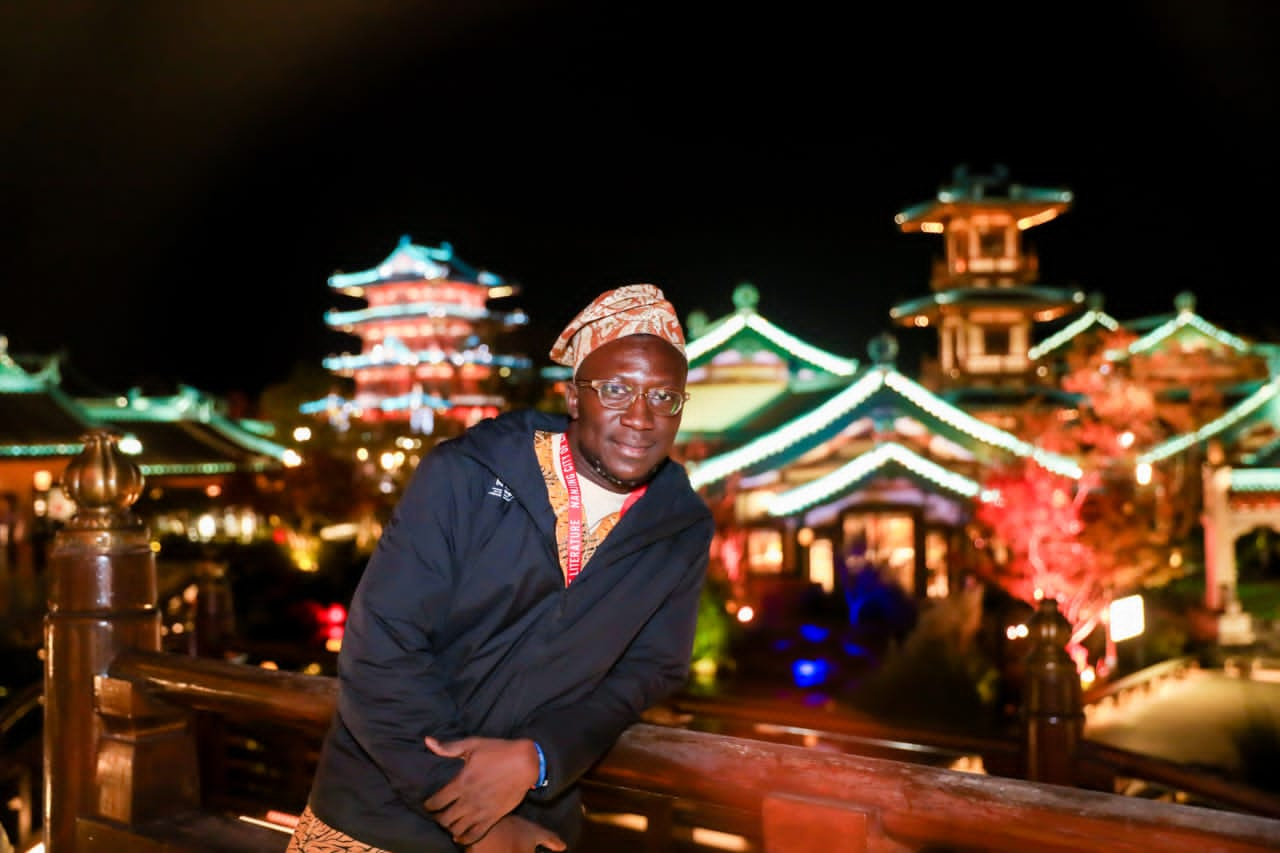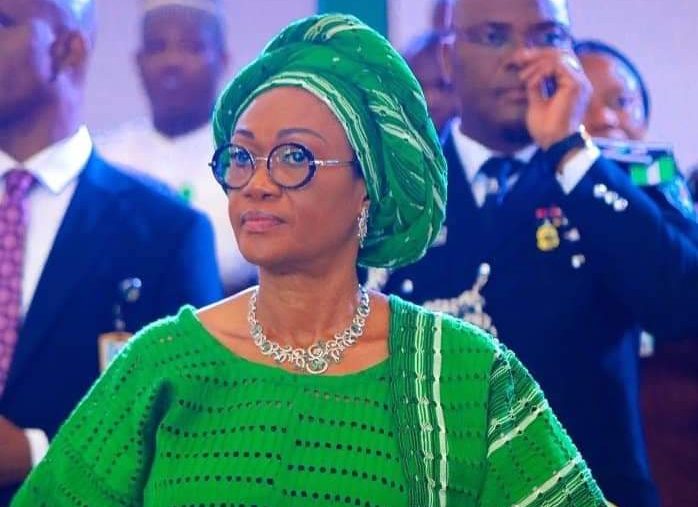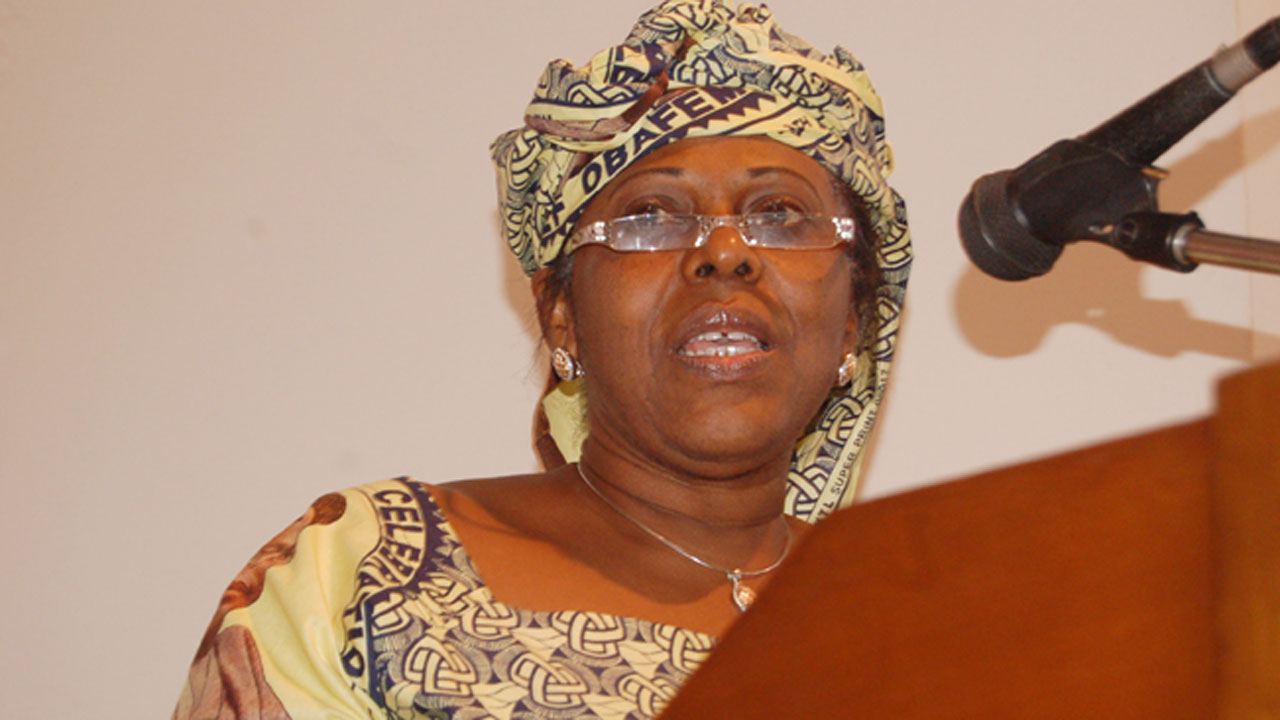After recently speaking with the Guardian about Esu, not being SatanAfter recently speaking with the Guardian about Esu, not being Satan, Nigerian Ifa scholar and filmmaker Ayankola Ayanwuyi has taken centre stage on the global cultural scene after leading a major heritage innovation dialogue at a UNESCO forum in China.
Ayanwuyi is expected to highlight the relevance of Yoruba ancestral knowledge in shaping modern digital solutions.
Ayanwuyi, founder of the Dundun Centre in Ogbomoso, was among 40 international youth delegates invited to the International Forum on Creativity and Heritage along the Silk Roads.
The gathering, held from 16–22 November across Nanjing and Changsha, brought together 80 participants from 39 countries and China to examine how digital innovation can strengthen cultural preservation.
The forum was organised by UNESCO, the National Commission of China for UNESCO and the World Federation of UNESCO Clubs, Centres and Associations (WFUCA).
He delivered one of the event’s most discussed sessions, titled “Decoding Ancestral Wisdom for Innovation Using Ifa as a Case Study”. In his presentation, he argued that the Yoruba Ifa system is not merely a tool of divination but a sophisticated intellectual structure with relevance for contemporary education, governance, science and technology.
He said indigenous knowledge systems can guide global problem-solving when treated as living repositories of insight.
“Indigenous knowledge systems like Ifa offer timeless wisdom for solving today’s global challenges,” he told participants. “Every indigenous group possesses what they need to survive and thrive when they engage their own systems.”
Ayanwuyi’s work through the Dundun Centre explores how African heritage can be documented, taught and applied using modern tools.
The centre provides access to oral traditions, visual archives and cultural resources designed to bridge traditional learning with digital innovation. It also supports researchers, artists and educators seeking to embed African knowledge frameworks into global cultural and academic conversations.
At the forum, Ayanwuyi also reflected on the historical division of the Yoruba people across national borders following the 1884–1885 Berlin Conference. He stressed the importance of reconnecting shared heritage across West Africa, saying cultural continuity remains central to regional cohesion.
His participation aligns with international initiatives such as the Global Civilization Initiative (GCI) and the UN Summit of the Future’s Pact for the Future, both of which emphasise youth-led and culturally rooted responses to contemporary global issues.
A growing number of African scholars and cultural practitioners are advocating for the integration of indigenous systems into discussions on sustainability, digital development and education.
The trend has gained traction as governments and global bodies increasingly acknowledge the value of local knowledge in designing context-appropriate solutions.
For Ayankola Ayanwuyi, the task is to ensure that heritage becomes an active tool for innovation rather than a relic of the past.
Through his advocacy and work of the Dundun Centre, he aims to build a world in which African ancestral knowledge is preserved, practised and positioned as a vital contributor to global progress.






